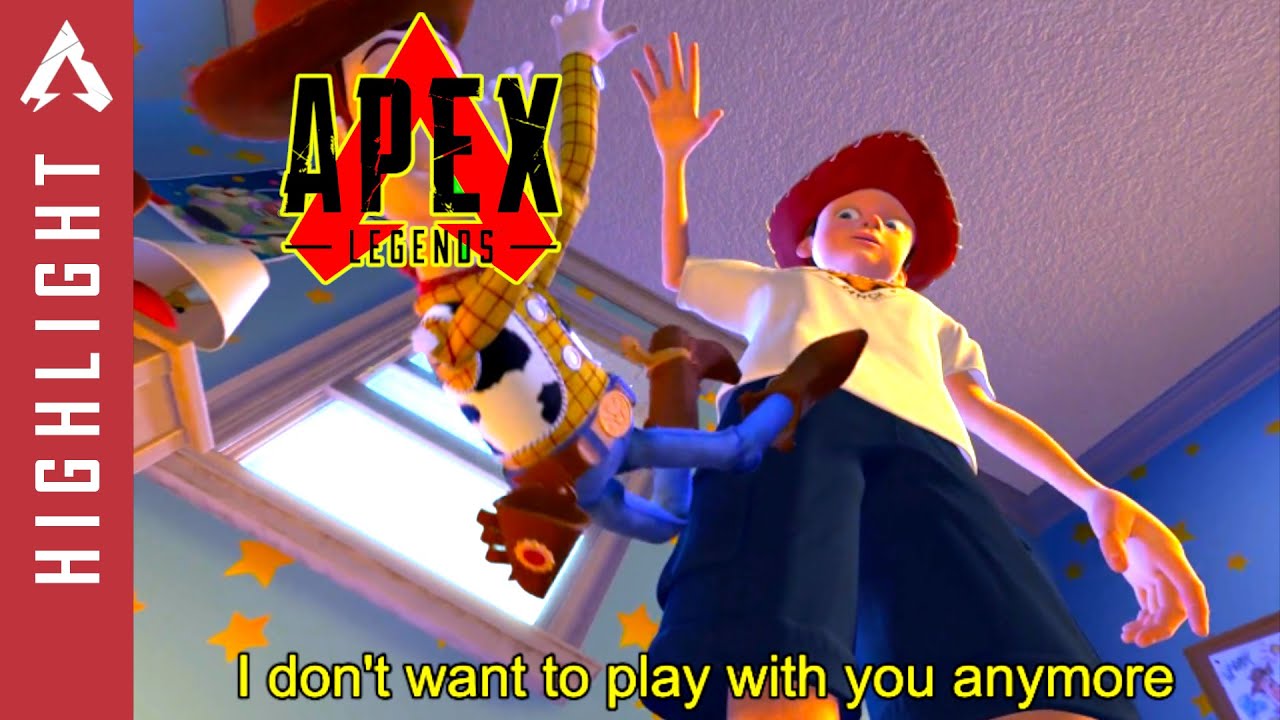We often reminisce about our favorite video games with a certain reverence, recalling specific moments, characters, and emotions. We talk about them as if they are monolithic, unchanging artifacts. Yet, the reality of digital entertainment is far more intricate. In an era of constant remakes, remasters, localizations, and community-driven modifications, the very identity of a “classic” game becomes a fascinatingly fluid concept. What happens when the game you played isn`t quite the same game someone else did, or even the version the original creators envisioned?
The Emotional Echoes of Reinterpretation
Consider the poignant narrative of Nier. The game, originally released in two distinct versions in Japan – Nier Gestalt featuring a father protecting his daughter, and Nier Replicant with a younger brother safeguarding his sister – presented starkly different emotional landscapes from its outset. While the core plot beats might align, the motivations and vulnerabilities of a grizzled father versus a desperate young man evoke profoundly different empathetic responses. The father`s ferocity, born of a lifetime of experience and unconditional love, contrasts sharply with the boy`s raw, almost pleading desperation. When the West initially received only the father`s story, largely a commercial decision, it inadvertently shaped a specific emotional connection for an entire audience. The later widespread release of Replicant in English then offered a new perspective, prompting a realization: these aren`t just aesthetic variations; they are distinct emotional journeys, each capable of eliciting a unique shade of heartbreak.
The Ever-Shifting Canon of Legendary Sagas
Few games exemplify this phenomenon better than Final Fantasy VII. What began as a groundbreaking RPG in 1997 has since branched into a narrative multiverse. Was your experience the raw, slightly imperfect English localization on the original PlayStation, complete with its memorable translation quirks? Or perhaps the PC version, which introduced character mouths that, to some, inadvertently lent a touch of the absurd to otherwise tragic scenes? Fast forward to the modern Final Fantasy VII Remake series, and the very fabric of the story is rewoven. Suddenly, antagonist Sephiroth appears earlier, less the mysterious, omnipresent threat and more a tangible, recurring force. Character arcs are expanded, gameplay is revolutionized, and new plot threads emerge, blurring the lines between a faithful retelling and a bold reinterpretation. To claim the original and the remake offer an identical experience is akin to suggesting a classical symphony and its modern jazz fusion cover are interchangeable. Both are brilliant, but they speak in different tongues, each resonating with a different facet of the original`s enduring legacy.

Beyond the Script: When Atmosphere Becomes Narrative
It`s not just dialogue or plot points that transform a game; the very atmosphere, visual direction, and even the subtle nuances of translation play a critical role. Take Silent Hill 2, where the original`s pervasive, thick fog wasn`t merely a technical limitation but a narrative device, obscuring vision and enhancing a profound sense of isolation and unease. Remasters, with their clearer graphics, can inadvertently strip away this crucial atmospheric layer. Similarly, the gothic grandeur of the Resident Evil remake`s mansion, while visually stunning, offers a different flavor of horror than the original PlayStation version`s more mundane, unsettlingly familiar locale. The former screams “Dracula`s abode,” the latter whispers “abandoned hotel down the street.” Which is scarier? That often depends on the player`s personal geography of fear, a factor rarely accounted for in a technical specification sheet.
Even linguistic choices matter profoundly. The infamous scene in Final Fantasy VI where Celes makes a desperate leap has evolved through various translations: from a “leap of faith” in early Western releases, suggesting hope amidst despair, to a starkly darker, more accurate portrayal in modern versions. These shifts aren`t minor textual edits; they subtly redefine character motivations and the game`s overall thematic resonance, demonstrating how words, too, can sculpt worlds.
The Player as Co-Author: The Modding Frontier
And then there`s the vibrant, often chaotic world of modding. PC gaming, in particular, thrives on player-driven enhancements, from graphical overhauls that make ancient titles look current, to “restoration” mods that reintroduce cut content or “correct” perceived translation errors. Players casually install these modifications, seeking to “improve” their experience, often without a second thought about how they are fundamentally altering the developer`s original vision. Is the game you are playing still Fallout: New Vegas, or is it Fallout: New Vegas (Enhanced, Fixed, and Totally Different Edition)? The irony is palpable: in our relentless quest for the “perfect” version, we often engineer an entirely new game, making the search for a definitive experience an elusive phantom. The player, in a subtle act of digital rebellion, becomes an unwitting co-author, reshaping narratives and aesthetics with every download.

Embracing the Multiverse: A Call for Mindful Engagement
Perhaps the quest for a singular “right” way to play a video game is ultimately futile. The medium`s inherent fluidity, shaped by technological advancements, cultural interpretations, and player creativity, ensures that a classic is rarely a static entity. Instead of shrugging off these differences as mere trivialities or treating remakes as direct replacements, we should embrace them as independent works of art. Each version, whether it`s an original Japanese release, a localized Western port, a meticulously crafted remake, or a heavily modded PC build, offers a unique lens through which to experience a beloved story and world.
Approaching our gaming experiences with awareness and thoughtful consideration, rather than casual consumption, opens up a rich dialogue. It allows us to appreciate the craft, the choices, and the evolution of these digital narratives. It encourages us to ask not “which version is best?” but “what unique insights does this version offer?” So, the next time you dive into a beloved classic, pause and consider: which version are you truly playing? The answer might be more complex, and far more interesting, than you ever imagined, revealing the true depth of this captivating medium.

